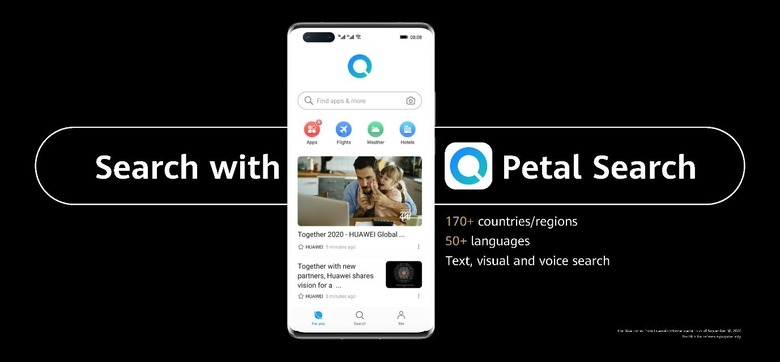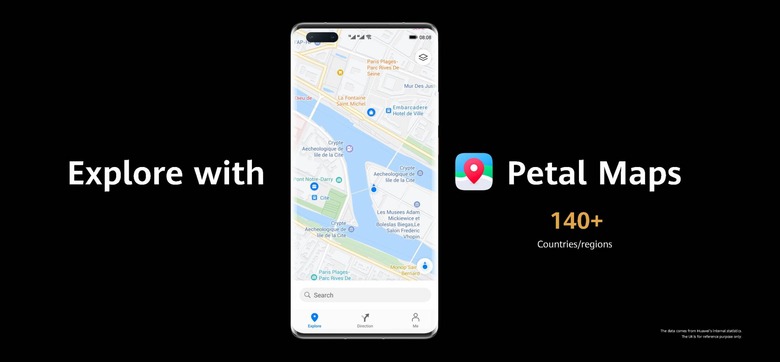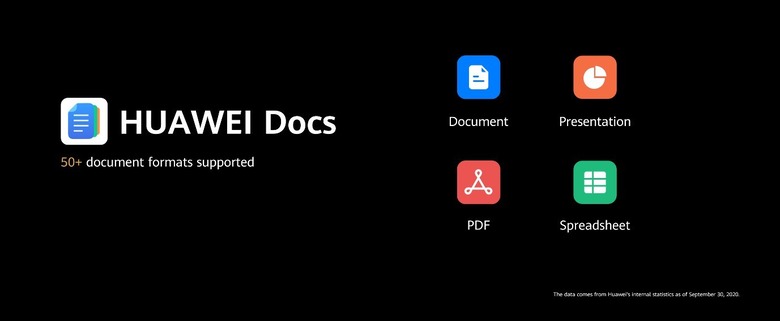Huawei Petal Search and Docs take on Google and Microsoft
It is Huawei's big day and, as expected, it announced a slew of products to show the world it can still make it big. More than just hardware, however, the company also announced apps and services that practically boast of its independence from companies that it will no longer be able to do business with as per the US' rules. It remains to be seen, however, if Petal Search, Petal Maps, and Huawei Docs will be able to gather enough traction both from users and partners to stay in service for long.
Competitors to Google Search aren't exactly new but few can claim to have as much breadth and depth as what is arguably the most-known Internet search engine, for better or worse. Petal Search, which Huawei boasts is now in over 170 countries and supports over 50 languages, tries to offer nearly all the same features, including tools for weather, rate exchange, and more. It even supports image searches by taking photos and, of course, voice search.

Search, however, isn't the only major Internet service Google offers and Petal Maps tries to fill in another large pair of shoes. This one, however, is powered by navigation company TomTom in order to have a wide reach, covering over 140 countries according to the company. It features real-time public transit updates, at least in major cities, as well as voice notifications in English, French, Mandarin, and more.

Huawei isn't just targeting Google though. It also needs to eventually address the fact that it might be deprived of Microsoft's software as well. Fortunately, it's easier these days to replace word processors and spreadsheets and Huawei claims that its Docs suite now supports over 50 document types, including the usual culprits like DOCs and PDFs.

Huawei will probably find no shortage of users for these apps and services, at least in China where Google doesn't have a foothold. Elsewhere, however, not only will these Huawei products pale in comparison, they won't really address the root cause of its problems with the US government, the accusations of state-sponsored espionage which could be made even easier by using Huawei's own Google and Microsoft alternatives.
